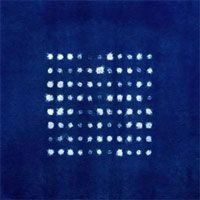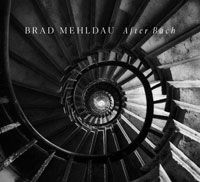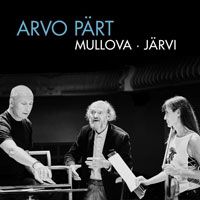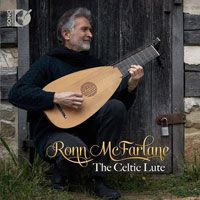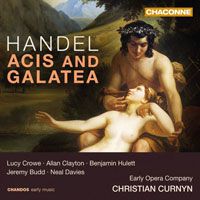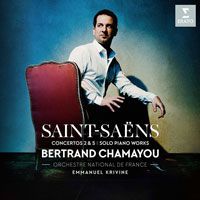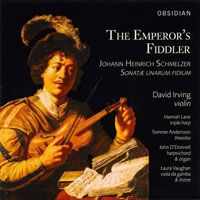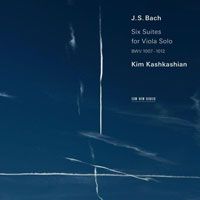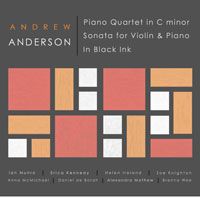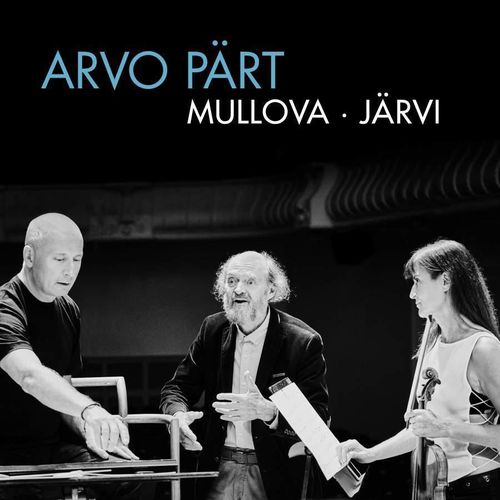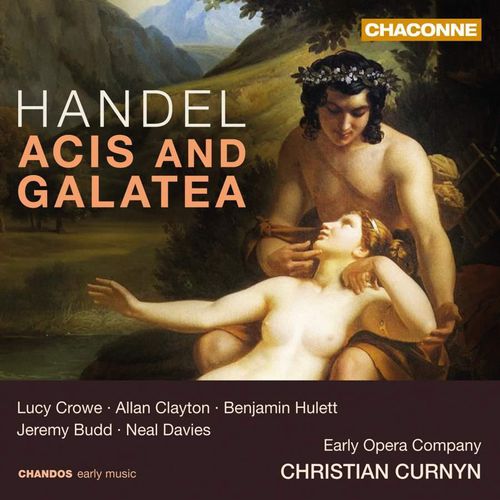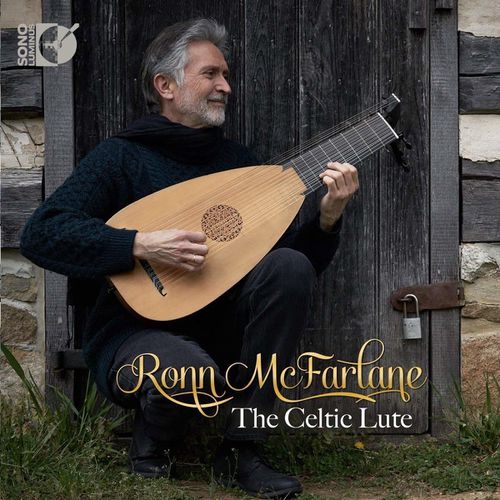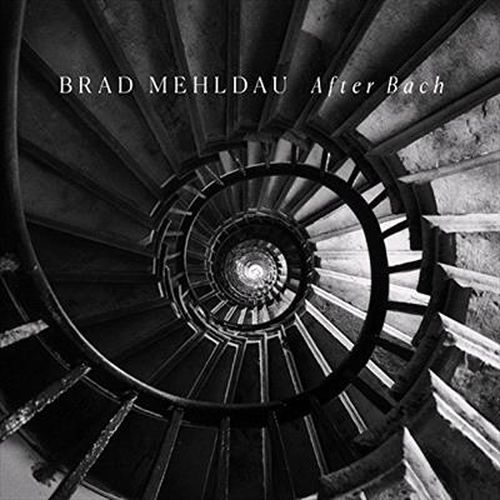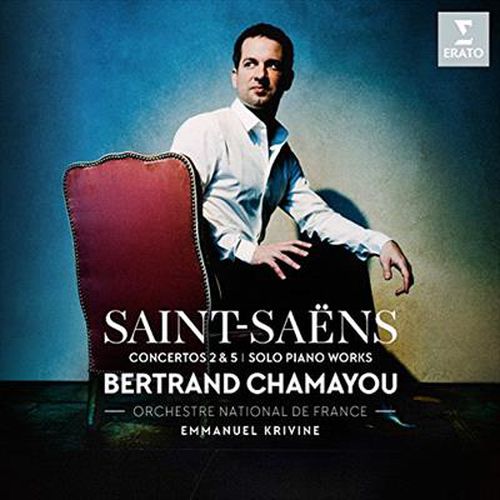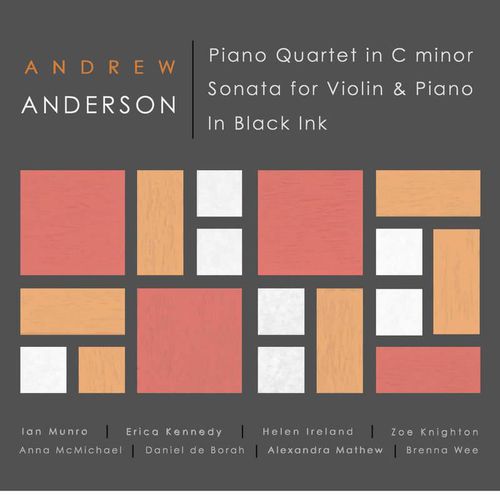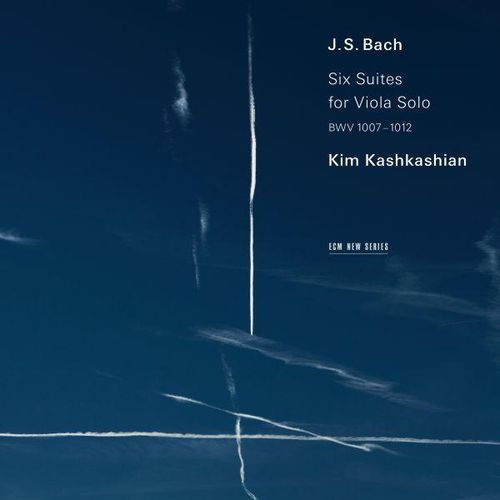The best classical CDs of 2018
Every year our staff vote for their favourite books, albums, films and TV shows of the past 12 months. Here are our top 10 classical CDs of the year, voted for by Readings’ staff, and displayed in no particular order.
(You can find all our best picks for books, CDs & DVDs of 2018 here.)
re:member by Ólafur Arnalds
In re:member, Ólafur Arnalds blends ambient and contemporary classical music, aided by self-playing piano software. The result is inventive and pleasing. I was a great fan of his Chopin Project (2015), which remains on high rotation at Readings, and I’ve no doubt that re:member will enjoy similar staying power.
After Bach by Brad Mehldau
Jazz piano virtuoso Brad Mehldau, as it happens, is a great master of Bach’s piano music. In After Bach he demonstrates his prowess as composer, and classical and jazz pianist. Taking excerpts from the Well-Tempered Clavier, Mehldau creates and performs his own musical responses, the result of which is intimate and contemplative.
Arvo Pärt by Viktoria Mullova
Recorded in the presence of the composer himself, leading Russian violinist Viktoria Mullova impresses on this album dedicated to the music of Arvo Pärt. Her timbre is rich and her playing precise, equally in the fiendish arpeggiations of Fratres, and the still, exposed Spiegel im Spiegel. A magnificent addition to the Pärt catalogue.
The Celtic Lute by Ronn McFarlane
Ronn McFarlane’s The Celtic Lute is in many ways reminiscent of Jordi Savall’s Celtic Viol: the delicate timbre of the lute – played beautifully by McFarlane – is a nice match for the simple yet beautiful sonorities of the traditional Scottish and Irish folk melodies featured on the album. An introspective, bewitching recording.
Doctor Atomic by John Adams
Thirteen years after its premiere, Nonesuch has released the first studio recording of John Adams’s affecting Doctor Atomic. Adams is a tour de force of contemporary American classical music, and his operas are always topical, occasionally controversial. Gerald Finley is our enigmatic Robert Oppenheimer, giving voice to the character’s innermost thoughts.
Handel: Acis and Galatea by Lucy Crowe
Early Opera’s recording of Handel’s pastoral opera Acis and Galatea is a refreshing addition to the Handel discography. Not since Sophie Daneman has there been such a delightful and affecting Galatea: Lucy Crowe brings the character renewed beauty and depth. Equally impressive is Neal Davies’s brutish and menacing Polyphemus.
Saint-Saëns: Piano Concertos Nos. 2 & 5 & Pieces for Solo Piano by Bertrand Chamayou
Bertrand Chamayou approaches Saint-Saëns piano repertoire with requisite passion and fervour, while maintaining impressive technical accuracy. I love this album: from the epic Piano Concerto No. 2 to the intimate Valse nonchalante, Chamayou’s musical intelligence and exhilarating interpretations draw me into Saint-Saëns’s nineteenth-century Paris. A brilliant recording.
Schmelzer: The Emperor’s Fiddler by David Irving
Local baroque violinist and scholar David Irving’s recording of Schmelzer’s little-known violin sonatas demonstrates not only the beauty of this repertoire, but also the extent of musical talent here in our home city of Melbourne. I was new to Schmelzer when I first listened to Irving’s recording, and now I’m hooked.
J.S. Bach: Six Suites for Viola Solo by Kim Kashkashian
American-Armenian violist Kim Kashkashian joins the exclusive ranks of those who have performed and recorded viola transcriptions of Bach’s cello suites. The viola, with its warmth and depth, sounds well in this music, particularly in the hands of Kashkashian. Her interpretations, sensitively recorded by ECM, are fine and intelligent.
Piano Quartet in C minor / Sonata for Violin & Piano / In Black Ink by Andrew Anderson
Here at Readings we love to celebrate the work of local authors and artists, and Andrew Anderson is no exception. Optometrist by day and composer by night, Anderson’s music (to quote Limelight) ‘makes one proud of Australian composition’. This collection highlights Anderson’s gift for expansive melodies in intimate form.



